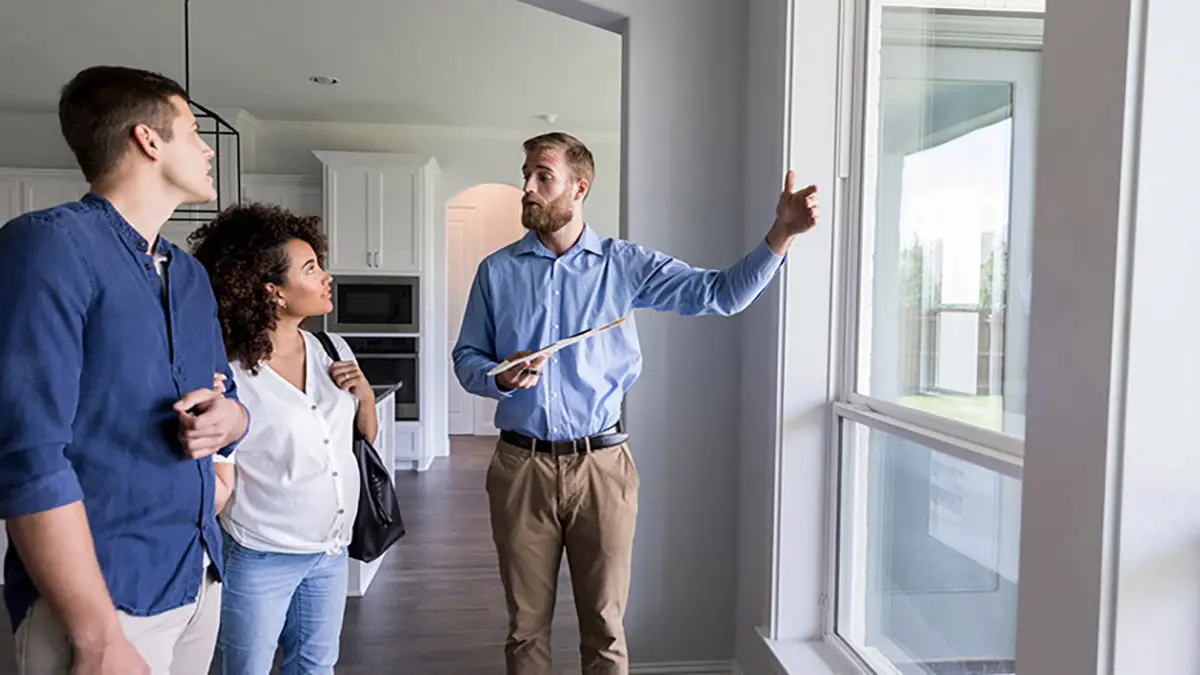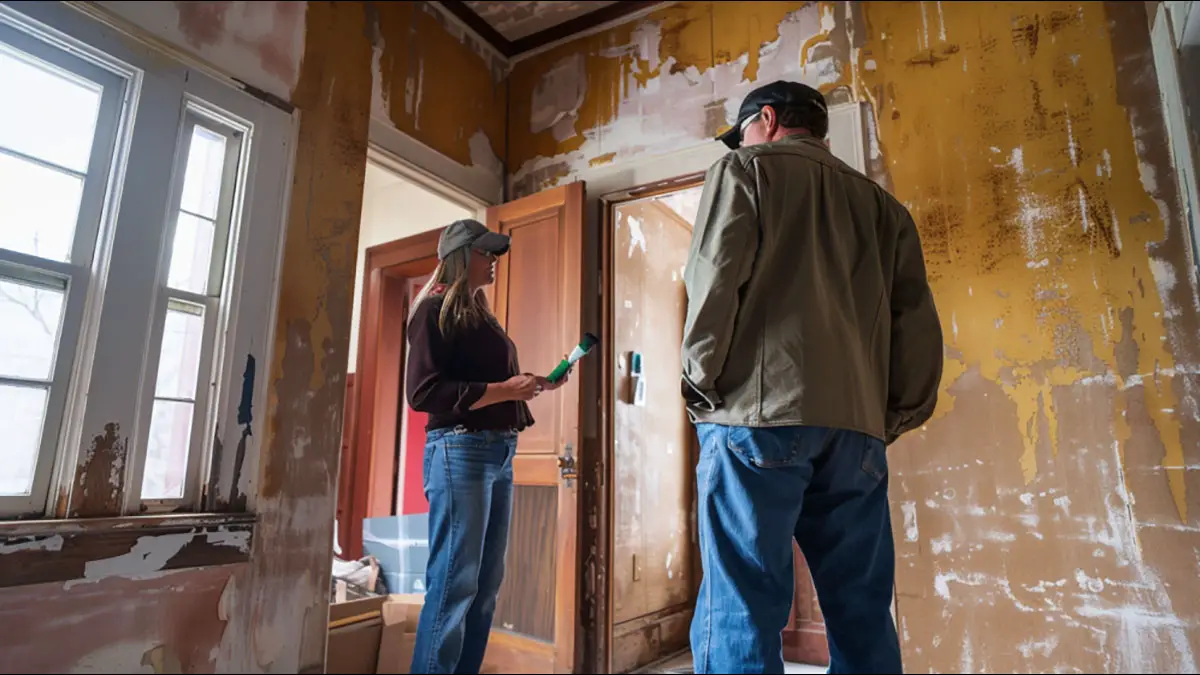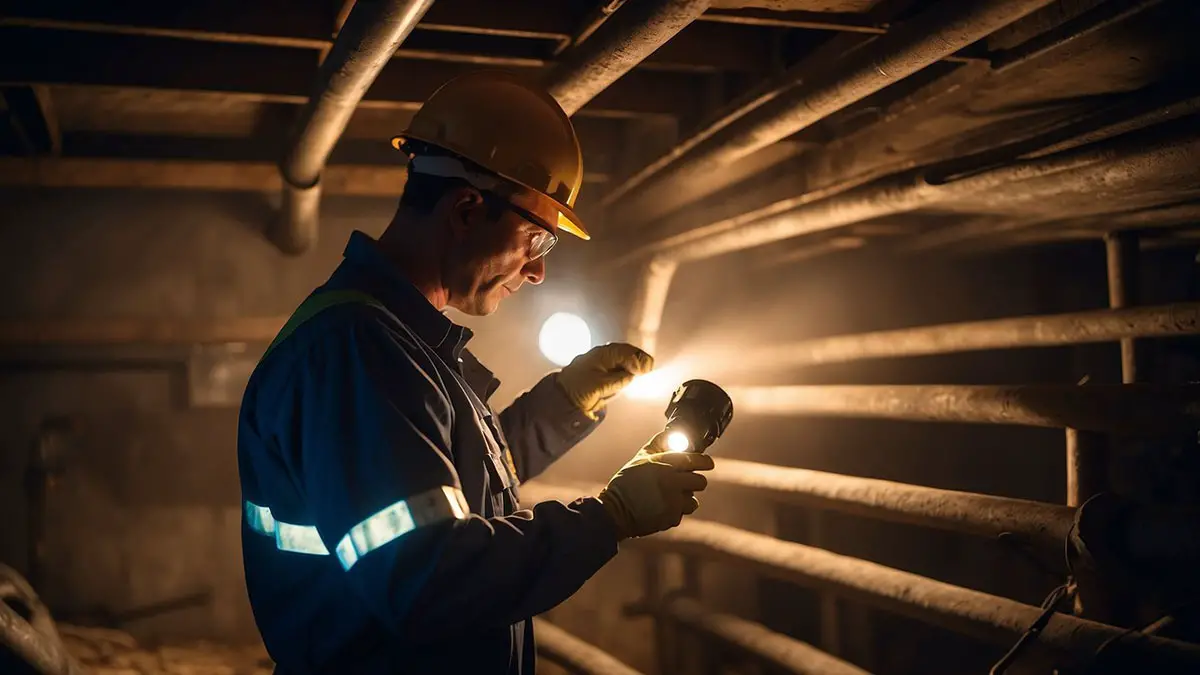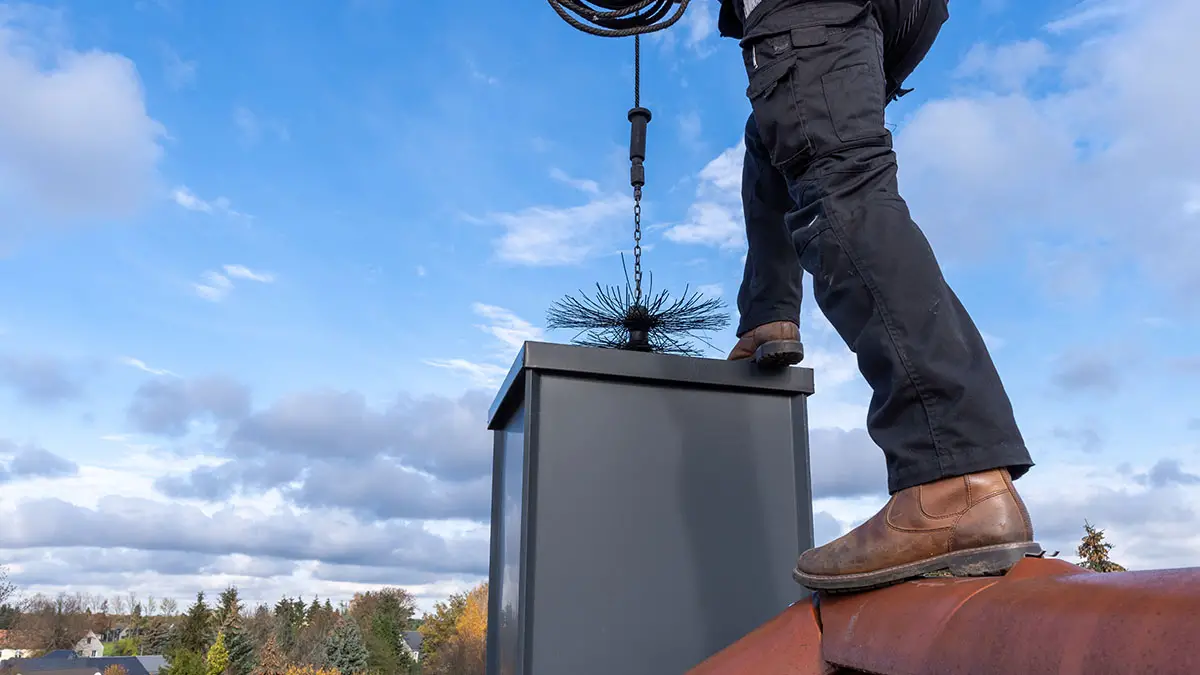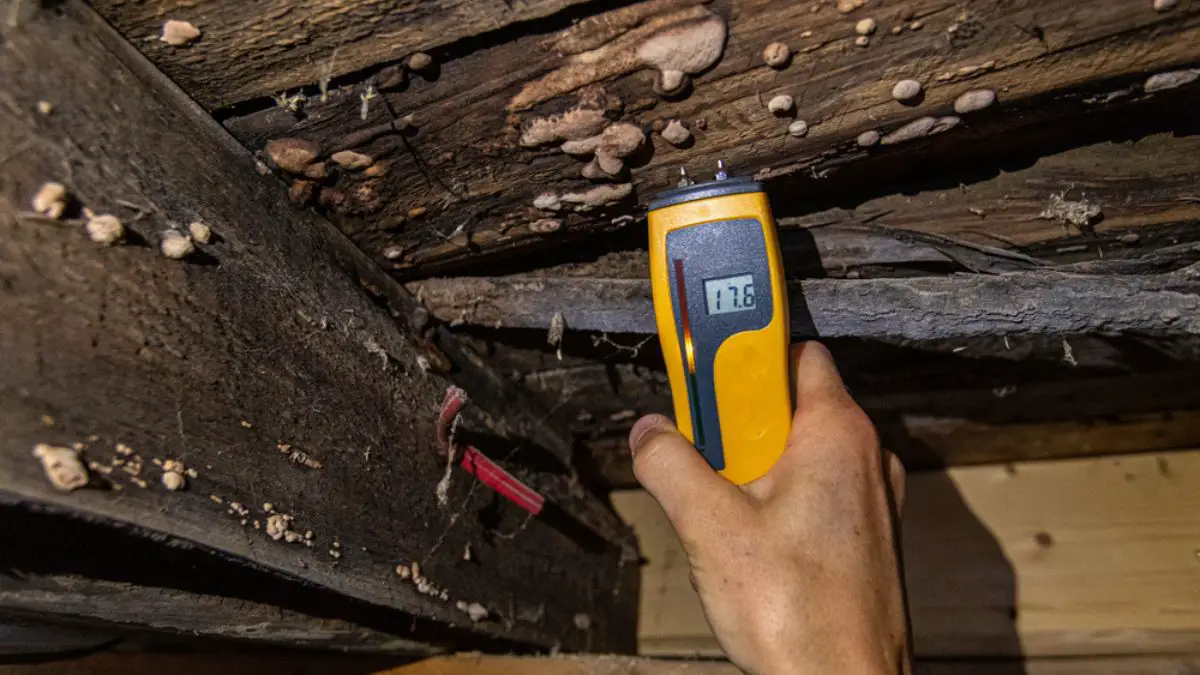Buying a home is a significant milestone but comes with responsibilities and potential pitfalls. One crucial aspect is a thorough home inspection to identify any existing issues and anticipate future concerns. However, if your home inspector missed major issues, it is concerning.
The good news is there are helpful steps to take to address the situation and recover from the oversights. Here, we will guide you through the necessary actions, explore potential recourse options, and provide valuable tips to handle any overlooked issues.
If you feel your home inspector missed something major or is in breach of contract, don’t panic. Contact them for clarification and discuss the missed items. If unsatisfied, you could file a claim against the home inspector’s liability insurance, which will investigate the claim to help provide a resolution.
So, if you’re wondering what to do if your home inspector misses major issues, don’t panic!
Read on to discover the steps to recovery and regain peace of mind in your new home.
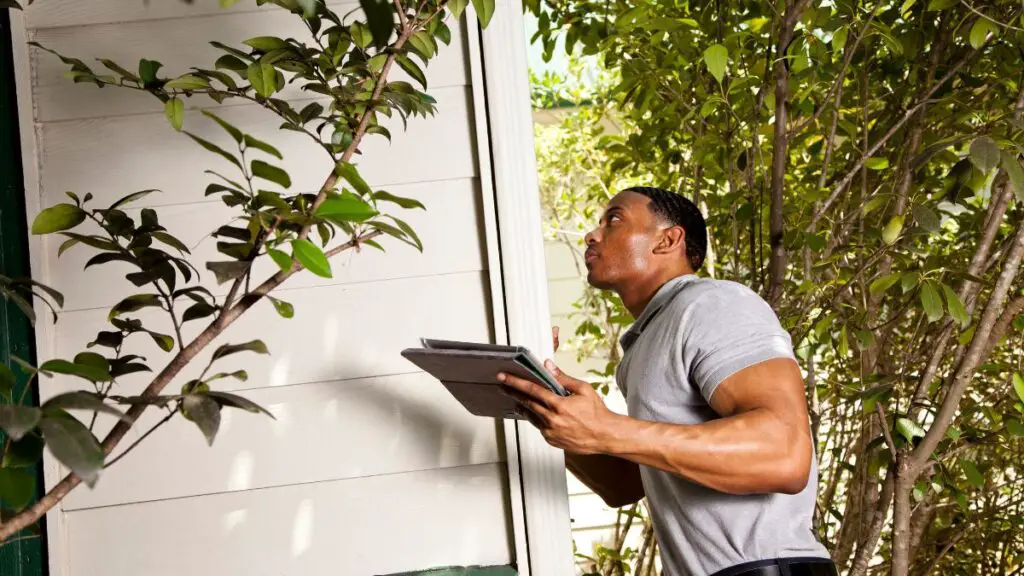
Importance of a Home Inspection
Purchasing a home is a big investment, and having it inspected before committing to the purchase is crucial.
House inspectors help identify any potential problems or safety hazards within the property. This includes things like electrical issues, plumbing problems, structural damages, and pest infestations.
Knowing about these issues beforehand helps you negotiate repairs or reconsider the purchase. A thorough inspection should last several hours and include examining all areas inside and outside of the property.
The report should provide details about existing issues and anticipated future concerns. It’s important to note that while inspections are comprehensive, an inspector could miss some things during their evaluation.
Related reading: What is a Home Inspection?
The Possibility of Missing Issues
While home inspectors are trained professionals who follow specific guidelines for conducting an examination, there is always a possibility that something could go unnoticed. This is because no two properties are alike, and some issues are not immediately visible or apparent.
For example, an inspector catches a plumbing issue if the pipes are located behind drywall or in difficult-to-reach areas such as crawlspaces or attics. Similarly, an inspector might not notice signs of termite damage if they are hidden beneath layers of paint.
It’s important to have realistic expectations regarding inspections and understand that even the most experienced professionals miss something on occasion.
Why You Shouldn’t Panic if Something is Missed
If you discover an issue after your home inspection that was missed by your inspector, don’t panic! Depending on its severity and nature, options are available for addressing the problem. Make sure to contact your inspector for clarification on their report.
Sometimes details get lost in translation between what’s written in a report and what was actually observed during the inspection, which are minor issues that can be easily remedied without much effort or expense.
If the issue is more significant or complicated, consider hiring a seasoned home inspector from a reputable company to assess the problem further. For example, if your inspector missed a structural issue with the foundation of your home, you might need to bring in an engineer to evaluate the damage and make recommendations for repair.
Remember that no matter what issues are discovered during an inspection, there is always a solution. The most important thing is to remain proactive and take action as soon as possible to address any problems that arise.
Summary
However, home inspectors are human and may miss some issues. Just because something was missed during the inspection doesn’t necessarily mean the inspector was negligent or intentionally overlooked it. Keep an open mind and investigate your options before taking any drastic action.
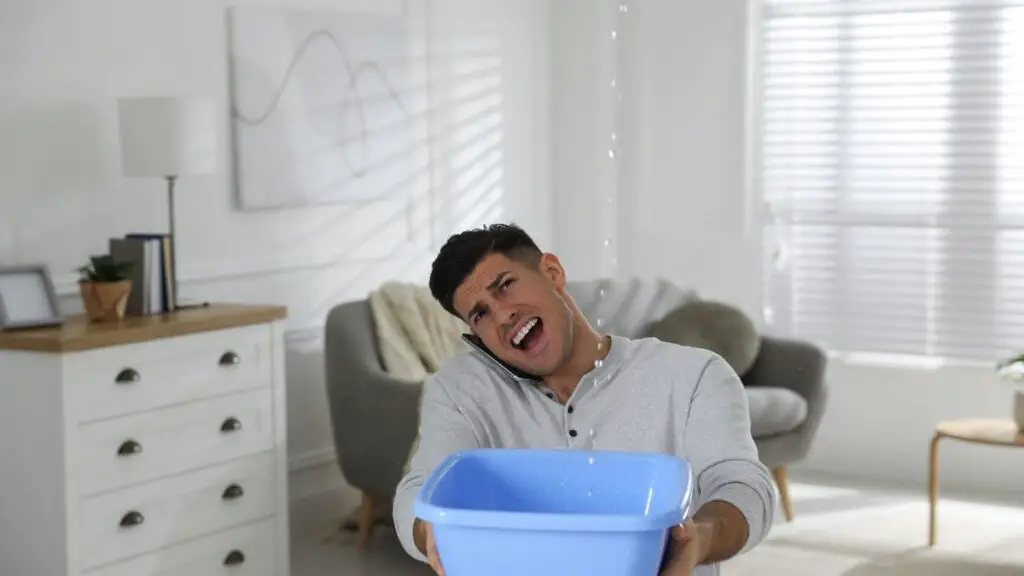
What You Should Do When a Home Inspector Misses Something
So, your home inspection is complete, and you’ve received the inspection report but noticed something that wasn’t mentioned or assessed? Here’s what you should do:
Contact the Inspector for Clarification
Giving them the benefit of the doubt is best before jumping to conclusions. When speaking with your inspector, specify what you think was missed or overlooked.
Ask them to explain why it wasn’t included in the report and if it’s something that should have been addressed. Most inspectors will be willing to discuss your concerns about their work.
Often prospective buyers think a home inspector is looking for code compliance, but they are not. Most houses have some code violations, as building codes change every few years. Existing homes do not have to meet all current building codes.
Consider Hiring a Specialist for a Second Opinion
If you’re unsatisfied with your inspector’s explanation or want further assurance that everything is okay, consider hiring a specialist to assess the issue further. For example, if signs of a leaky plumbing pipe are not mentioned in the inspection report, hire a plumber or water damage restoration company to check things out.
Yes, this costs extra money, but it potentially saves you thousands of repairs. Plus, having an expert opinion provides peace of mind knowing everything has been thoroughly checked out.
Review Your Home Inspection Contract
Review your inspection contract with the home inspection company and see if there are any options for recourse regarding missed items during the inspection. Some contracts have clauses that limit their liability, addressing this issue and outlining steps to take if something is overlooked.
In addition, it’s important to note that many professional home inspectors carry liability insurance (i.e., omissions insurance). Adequate insurance coverage protects the inspector and their clients in case of errors, omissions, or negligence during an inspection. It also provides coverage for any resulting damages or financial losses.
However, the insurance policy’s specific terms and coverage limits vary depending on the insurance company, so it’s important for potential buyers to verify the inspector’s insurance coverage and understand the extent of protection it offers.
If there are no specific provisions for missed items during an inspection, consult with a lawyer or real estate attorney about the options for resolving these issues.
Summary
If you find something overlooked in your home inspection report, start by contacting the inspector to discuss your concerns. If their explanation is unsatisfactory or you need additional assurance, consider hiring a specialist. Review your inspection agreement for recourse options with their insurance company, and if necessary, consult with a real estate attorney to address the issue.
Common Things That Inspectors Miss
Home inspections are critical in ensuring a home is in good condition before purchase. However, even the most experienced home inspectors miss potential issues. Here are some common things that inspectors miss during inspections:
- Structural issues such as foundation cracks or roof leaks. Structural issues, such as roof leaks, are challenging to detect during roof inspections. Inspectors identify signs of damage rather than the root cause. For example, they notice water stains on the ceiling but do not recognize that they indicate a leaky roof until further investigation.
- Electrical problems like outdated wiring or faulty outlets. An electrical issue is another common problem that home inspectors might overlook during visual inspections. Electrical wiring deteriorates over time and poses a hazard if not addressed adequately.
- Plumbing issues such as leaky pipes or low water pressure. Spotting plumbing problems be difficult if no visible leaks or strange noises are coming from pipes. If there is some suspicion of plumbing-related problems like low water pressure or slow drainage in sinks and showers, it’s best to seek a specialist’s advice on what exactly needs to be fixed.
- Pest infestations like termites or rodents. Termites or rodent infestations, which cause major damage if left unchecked. If you suspect your home has a pest problem after purchasing it, you should contact a pest control company with experience in identifying and treating infestations quickly.
No inspection detects every issue, so homeowners must be aware of common issues that might go unnoticed by an inspector. By identifying potential problems early on and seeking professional advice when necessary, homeowners avoid significant repair costs down the line.
Summary
Home inspections are subjective and what one inspector sees as a major defect, another may not. Commonly overlooked problems include structural issues like foundation cracks and roof leaks, electrical problems such as outdated wiring, plumbing issues like leaky pipes or low water pressure.
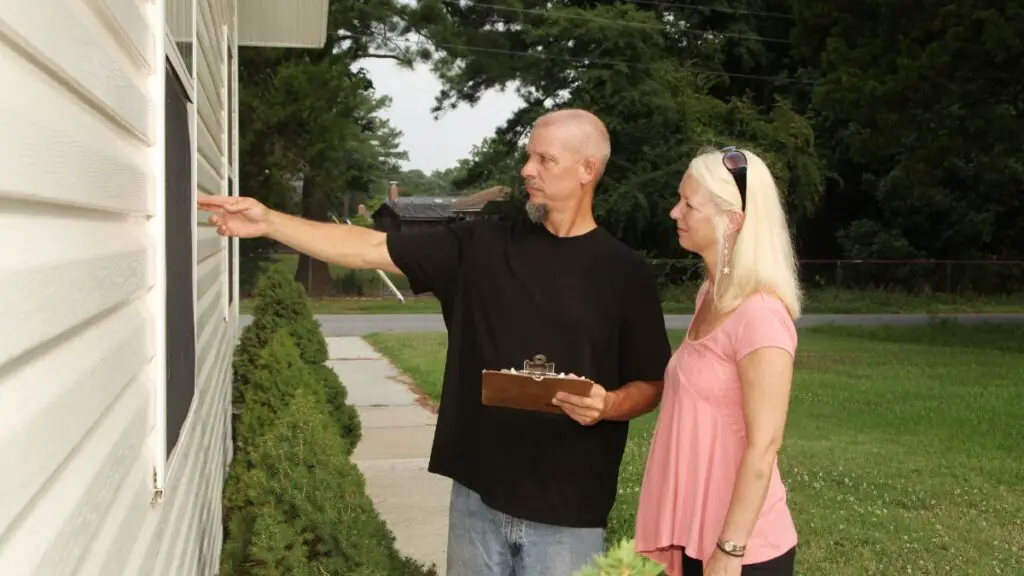
How to Prevent Missing Issues During an Inspection
Here are three ways you can prevent missed issues during a home inspection.
Research Potential Problem Areas in Homes
One of the best ways to ensure that you don’t miss anything during a professional home inspection is to do your own research beforehand. This means researching common problem areas in homes and knowing what signs to look out for.
For example, if you’re buying an older home, it’s important to know the signs of outdated electrical wiring or plumbing systems that need updating. By doing this research, you’ll be better equipped to ask questions during the inspection and bring up any concerns with your inspector.
Attend the Inspection and Ask Questions
To ensure a thorough inspection, it’s crucial for you to be present during the time of inspection. Being there will enable you to witness any issues firsthand and ask relevant questions on the spot.
Additionally, it presents an ideal opportunity to gain more knowledge about your home’s functioning and identify the location of vital components such as water shut-off valves.
During the inspection, make sure you take notes on anything that seems off or needs clarification. Don’t be afraid to ask your inspector for more information if something isn’t clear or if there’s something specific you want them to look at.
Being present during a home inspection is crucial, but it’s equally important not to interfere with the inspector’s routine. Inspectors have a systematic approach to avoid missing items, and any distractions could potentially cause them to overlook major issues.
Observing the inspection without interrupting the inspector’s workflow is recommended to ensure a thorough examination of the property.
Related reading: 25 Questions to Ask a Home Inspector
Hire a Reputable Inspector with Good Reviews
It’s crucial that you hire a qualified home inspector with good reviews from a reputable home inspection company. Do some research beforehand and ensure that your inspector has all of the necessary certifications and qualifications for their job.
It’s also helpful to read reviews from other customers online to understand their experience working with this particular inspector. By hiring someone trustworthy and experienced, you feel confident they will thoroughly inspect your potential new home.
Plus, if any issues are found later on down the line, there will be less risk of them being missed during the initial inspection.
Summary
To prevent missing issues during a home inspection, you should research potential problem areas in homes, attend the inspection and ask questions, and hire a reputable inspector with good reviews. By doing thorough research, being present during the inspection, and hiring a qualified professional, you can minimize the risk of overlooking any important issues and ensure a comprehensive examination of the property.
Home Inspector Missed Major Issues FAQs
You probably have questions if your home inspector missed major items. Here are some of the questions we hear most often.
Who is liable if defects are found after a home inspection?
Generally, you can hold a home inspector responsible for accurately assessing a home’s condition and failing to identify any material defects; however, there may be certain exceptions depending on state laws for latent or hidden defects that could not have been detected during the inspection.
Do home inspectors always find something wrong?
No, home inspectors do not always find something wrong during an inspection. Inspectors follow a comprehensive inspection checklist that covers various aspects of the home, including but not limited to electrical systems, plumbing, roofing, air conditioning, etc.
Are home inspectors liable for missed items?
While home inspectors have a duty to perform a competent inspection, their liability may be limited, and certain areas may be excluded from their inspection scope. Reviewing the agreement and consulting legal professionals for specific information on liability in your jurisdiction is important.
Takeaway
Remember that getting through any issue requires time and effort, but having optimism for a positive outcome makes all the difference. Taking steps towards fixing any problems will lead you one step closer to enjoying your new home without worry.
While it’s disappointing when an inspector misses something during an inspection process, there are always ways to get around any difficulties encountered in homeownership!
The most important thing is being proactive about discovering them early before they cause more significant damage down the road so that repairs won’t become more costly or complicated.



